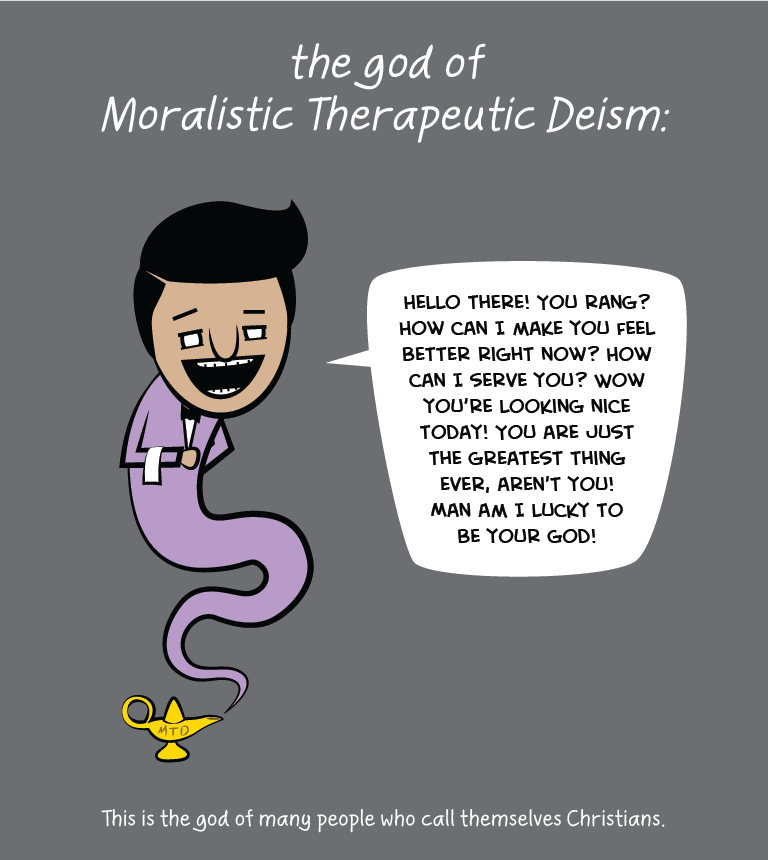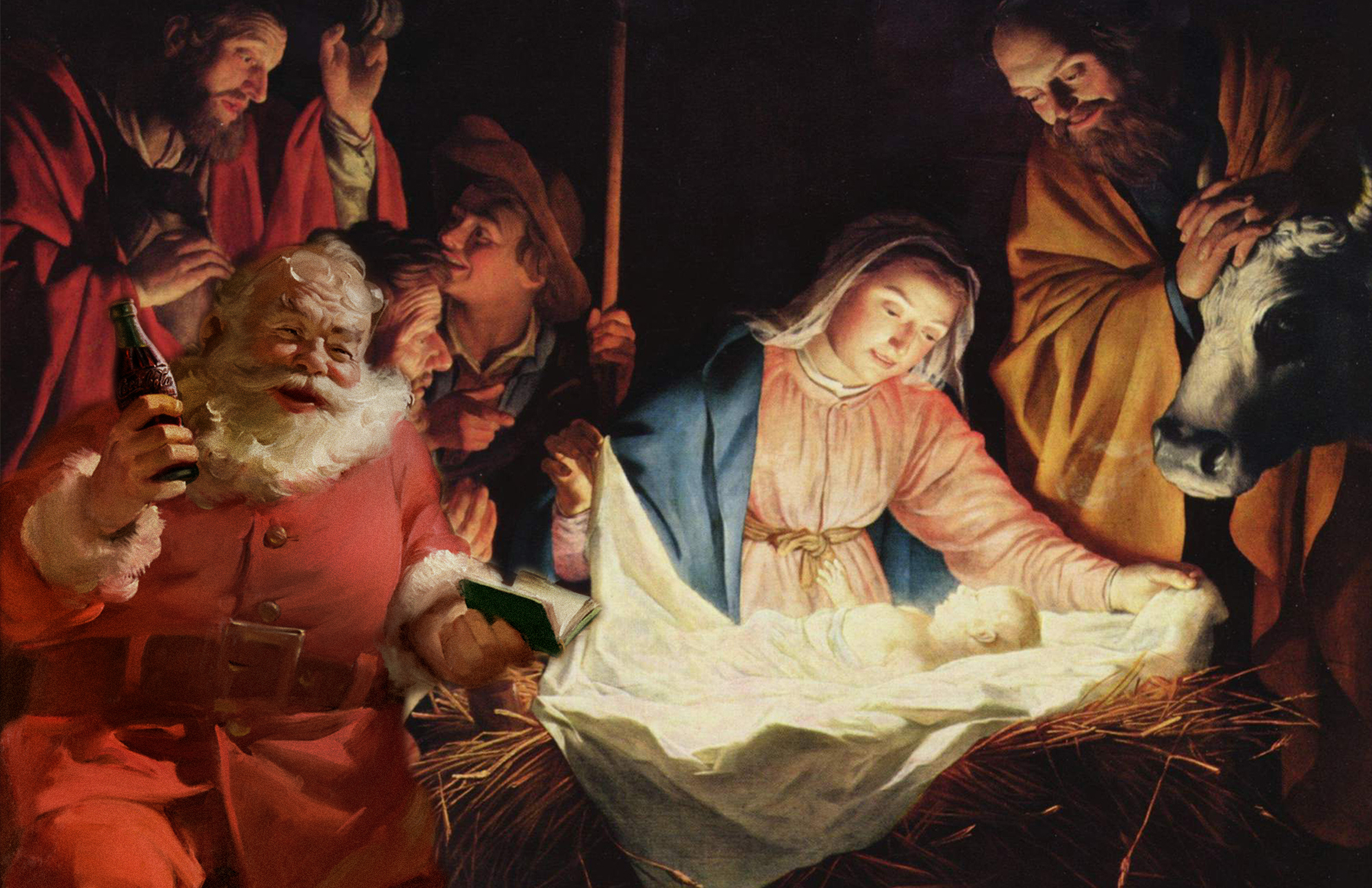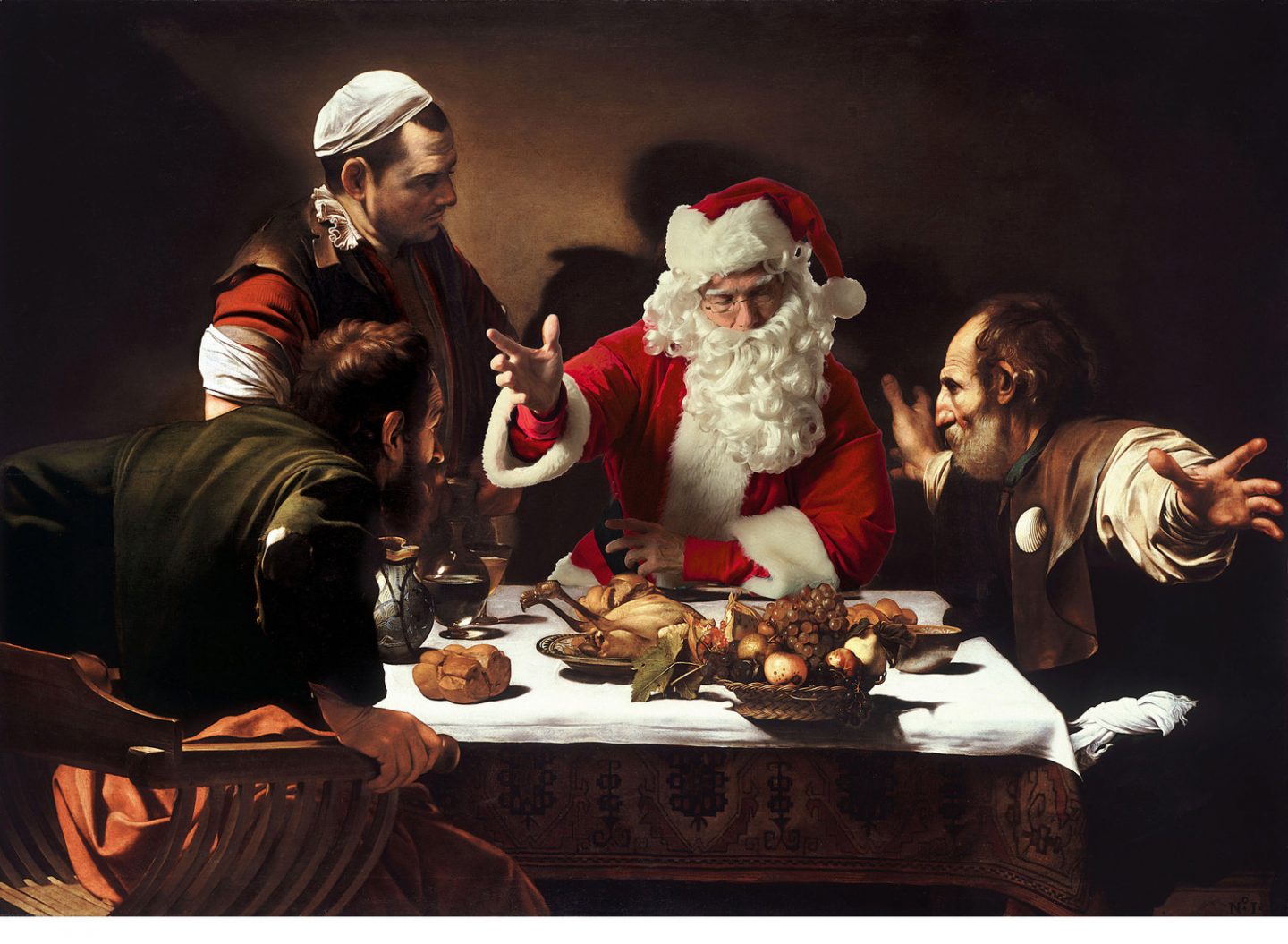Christmas bells are ringing! What do you want for Christmas? Have you read your Bible daily, prayed your dues, didn’t swear or curse all year, greeted the bus driver, resisted getting a tattoo? Oh, and have you been super spiritual – in song, devotion and ministry – all year?
Great, then better buy a big sock this year because the floodgates will be open! Maybe Santa will give you the keys to heaven this year! I mean, isn’t belief in God all about feeling good and helping to manage the pains in life? Ask, and we shall receive, no? Just ask Santa, it’s Christmas!
But if Jesus of Nazareth, of the Bible, isn’t Santa Claus, then who is He? Will the real Jesus Christ please stand up?
Our utopian ideals breed our mythology. Bigfoot and the Loch Ness monster are manifestations of our penchant for mystery; mermaids stem from our notions of exotic beauty in unexplored lands; Santa Claus from our desire for good gifts. I wonder: Is Jesus really who we make Him out to be?
Sociologists Christian Smith and Melinda Lundquist Denton coined the term “Moral Therapeutic Deism” to refer to the corruption of the Christian faith to put the focus on the self, rather than on God.
Moral because of the idea that “good people go to heaven”, Therapeutic because we only turn to God when we have problems, and Deism because of how God is mostly kept out of daily affairs, and only reintroduced into the household during festive periods.
So to many, God is, basically, the Chief Therapist.

Back to Christmas. The celebration of the good news of Jesus’ birth is often reduced to a seasonal festival of good food and bad TV. When Boxing day arrives, pack sweet baby Jesus and his teachings into a box, and hide Him away till Christmas comes again.
But if Jesus of Nazareth, of the Bible, isn’t Santa Claus, then who is He? Will the real Jesus Christ please stand up?
Isaiah 53 speaks of a promised Messiah: No form, no majesty, no beauty, a man of sorrows, smitten by God, like a lamb led to its slaughter, yet righteous, innocent and pure. He would bear the sin of the world, and be killed for it.
About 700 years later, the leaders of the Jews did not recognise the Messiah walking among them, though they read the scripture every Sabbath (Acts 13:27).

Jesus directed much of His rebukes against these men of honour, status and religious zeal. Matthew 23 records Jesus’ harsh words for these supposedly righteous, holy men: They were hypocrites, he said, children of hell, blind fools, blind guides, full of greed and self-indulgence, whitewashed tombs, lawless, serpents, brood of vipers, killers of prophets.
Their greatest sin was that though they knew Scripture, they neither understood it, nor recognised the Messiah prophesied. They knew law, history, tradition, but not covenant, promise, person. They missed the point entirely.
Reaching out to Santa Christ is just too ephemeral, too easy. It’s asking for the saviour we want, not the saviour we need.
In John 5:39-40, after offending a group of Jewish leaders by healing a man on a Sabbath, Jesus says to them: “You search the Scriptures because you think that in them you have eternal life; and it is they that bear witness about me, yet you refuse to come to me that you may have life.”
Like the Jews who crucified Jesus, some of us – in our preoccupation with morality, blessings, or traditions – are unaware that our Messiah stands right before us. Not Santa, not just a moral teacher, comforter, seasonal cheergiver, or whatever we want Him to be.
Reaching out to Santa Christ is just too ephemeral, too easy. It’s asking for the saviour we want, not the saviour we need.
Much more than just checking annually if you’ve been naughty or nice, Jesus searches our hearts and knows us intimately and personally (Psalm 139:1).
And He’s no seasonal character – He desires full communion with us every year, month, week, day, hour, minute, second of your life.
So be good, for goodness’ sake.









